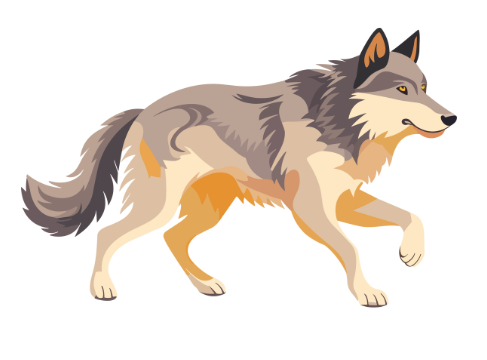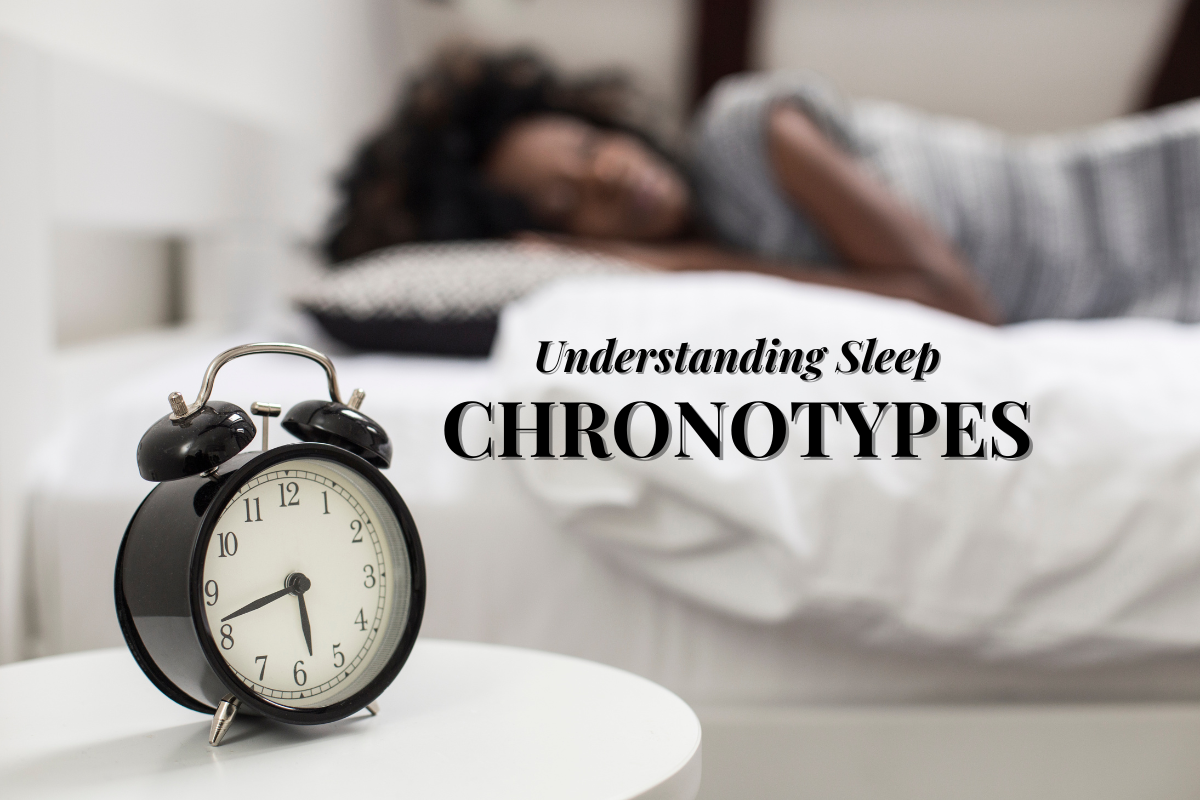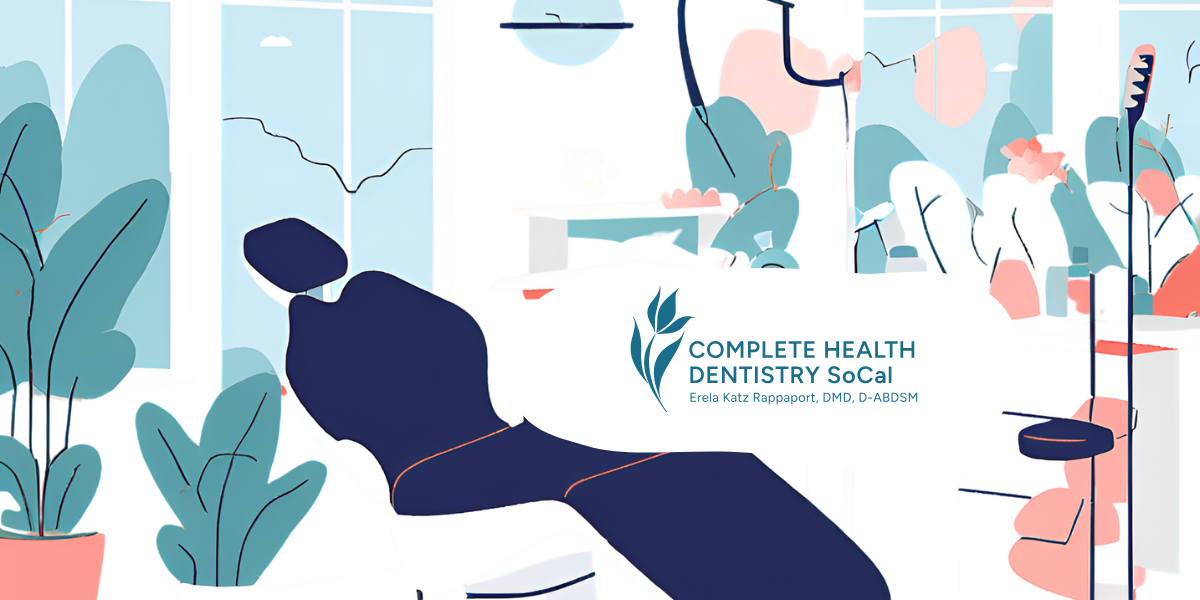Understanding Sleep Chronotypes: A Key to Optimizing Health and Preventing Dementia
Sleep is a fundamental pillar of health, influencing everything from cognitive performance to the prevention of chronic diseases. But not all sleep patterns are the same, and understanding your sleep chronotype—your body’s natural predisposition toward a specific sleep-wake cycle—can help optimize your daily routines for better productivity and long-term well-being. More importantly, aligning with your chronotype may also play a critical role in preventing dementia and other health issues.
What Are Sleep Chronotypes?
A sleep chronotype refers to the natural timing of your sleep-wake cycle, largely governed by your circadian rhythm—an internal 24-hour clock that regulates your body’s processes, including sleep, energy levels, and hormone production. While everyone has a unique chronotype, they generally fall into four categories: Bears, Wolves, Lions, and Dolphins.
Understanding and aligning with your chronotype helps you make the most of your productive hours and ensures better sleep quality, which is crucial for both cognitive health and disease prevention.
The Four Main Chronotypes

Bear Chronotype
Bears follow the sun, waking and sleeping in sync with daylight. Most people fall into this chronotype, thriving on a standard 9-to-5 schedule. Bears tend to feel energized during late morning and early afternoon.
- Sleep time: 10 PM – 7 AM
- Peak productivity: 10 AM – 2 PM
Wolf Chronotype
Wolves, or "night owls," are most energetic in the late afternoon and evening. They struggle with early mornings but become more alert as the day progresses, peaking later in the day.
Sleep time: 12 AM – 8 AM
Peak productivity: 4 PM – 6 PM


Lion Chronotype
Lions are early risers who are most productive in the morning. They wind down earlier in the evening and prefer to go to bed early.
Sleep time: 9 PM – 5 AM
Peak productivity: 6 AM – 12 PM
Dolphin Chronotype
Dolphins are light sleepers with inconsistent sleep patterns, often struggling with insomnia or fragmented sleep. They tend to be productive during late morning, though their energy levels can fluctuate.
Sleep time: 11 PM – 6 AM (may vary)
Peak productivity: 10 AM – 12 PM


Why Chronotypes Matter for Your Health
Sleep chronotypes don’t just affect your productivity—they also play a crucial role in your long-term health, especially when it comes to cognitive function, heart health, and stress management. Chronotypes influence your sleep quality and circadian rhythm, both of which are essential for brain health and the prevention of conditions like dementia.
1. Sleep Quality and Cognitive Health
Adequate sleep is vital for the brain to clear out waste products, such as beta-amyloid, which is linked to Alzheimer's disease. Poor alignment between your chronotype and daily routine can result in sleep deprivation, which disrupts this cleansing process. Over time, chronic poor sleep increases the risk of cognitive decline and dementia.
For example, night owls (wolves) who are forced to adhere to early morning schedules often suffer from insufficient or poor-quality sleep. This chronic sleep disruption may lead to cognitive fatigue and increase the risk of developing Alzheimer’s and other forms of dementia.
2. Circadian Rhythms and Brain Function
Circadian rhythms influence more than sleep—they affect metabolism, hormone release, and cellular repair. Misaligning your sleep schedule with your chronotype disrupts these rhythms, leading to oxidative stress and inflammation, which are associated with neurodegenerative diseases like dementia.
By following a routine that aligns with your chronotype, you maintain a well-regulated circadian rhythm, promoting brain health and reducing the risk of neuroinflammation, a key contributor to Alzheimer’s progression.
3. Cardiovascular Health and Dementia Prevention
There is a well-established link between cardiovascular health and cognitive decline. Conditions such as hypertension, stroke, and heart disease impair blood flow to the brain, increasing the risk of dementia. Chronotype misalignment, especially for night owls, is associated with unhealthy lifestyle habits, such as poor diet and lack of physical activity, that contribute to cardiovascular diseases.
Maintaining a sleep schedule that aligns with your chronotype can lower your risk of cardiovascular issues, thereby reducing your overall risk of dementia.
4. Stress, Mental Health, and Cognitive Decline
Chronic stress and mood disorders like depression are significant risk factors for cognitive decline and dementia. Those who live out of sync with their chronotype—like a wolf forced to wake up early—often experience higher levels of stress and mental fatigue. This leads to elevated cortisol levels, which can damage brain cells over time, increasing the risk of cognitive deterioration.
Aligning your daily activities with your natural chronotype helps reduce stress, improves mental health, and lowers your risk of developing mood-related cognitive decline.
5. Immune Function and Inflammation
Chronic sleep disruption weakens the immune system and leads to higher levels of inflammation, both of which are implicated in neurodegenerative diseases. Sleep disturbances can trigger neuroinflammation, a factor in the development and progression of Alzheimer's disease.
Getting enough sleep at the right times for your chronotype helps reduce inflammation, regulate immune responses, and promote long-term brain health.
Optimizing Lifestyle and Productivity by Chronotype
By recognizing your chronotype and adjusting your lifestyle to match your body’s natural rhythms, you can optimize not only your productivity but also your long-term health. Here are a few tips:
- Identify Your Chronotype: Take note of when you feel most awake and alert during the day. You can also find chronotype quizzes that provide a more scientific analysis.
- Align Tasks with Energy Levels: Schedule high-focus tasks during your peak productivity hours, which align with your chronotype. For instance, early risers (lions) should handle deep work in the morning, while night owls (wolves) should reserve their most important tasks for the late afternoon or evening.
- Prioritize Sleep Hygiene: Create a consistent sleep routine that honors your natural sleep-wake cycle. Whether you’re an early riser or a night owl, maintaining regular sleep habits is essential for cognitive function and overall health.
- Incorporate Physical Activity and Healthy Eating: Regular exercise and a balanced diet reduce the risk of cardiovascular disease, a major contributor to dementia. Adjust your exercise time based on your chronotype for better energy and performance.
- Reduce Stress: Practice relaxation techniques such as mindfulness or deep breathing exercises, especially if you struggle with a chronotype mismatch in your daily life. Reducing stress is crucial for brain health and the prevention of cognitive decline.
Embracing Your Chronotype for a Healthier Future
Your sleep chronotype is more than a quirk—it’s a key to unlocking better sleep, productivity, and long-term health. By aligning your lifestyle with your natural rhythms, you can improve your sleep quality, reduce stress, maintain cardiovascular health, and protect your brain from cognitive decline.
Embracing your chronotype is not just about optimizing daily performance—it’s about investing in your future cognitive health and reducing the risk of dementia and other chronic conditions. By honoring your body’s natural sleep-wake cycle, you support your overall well-being and promote a healthier, more vibrant life.













